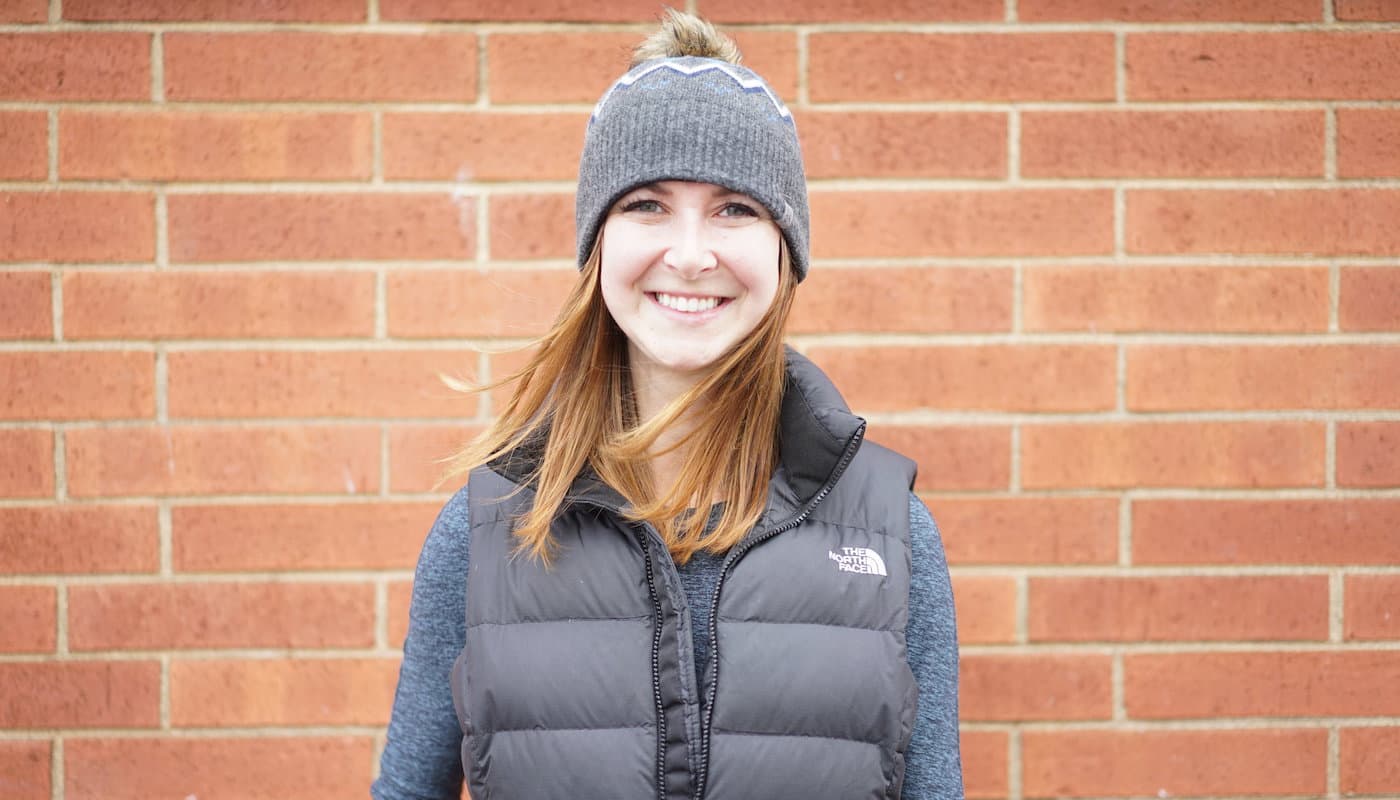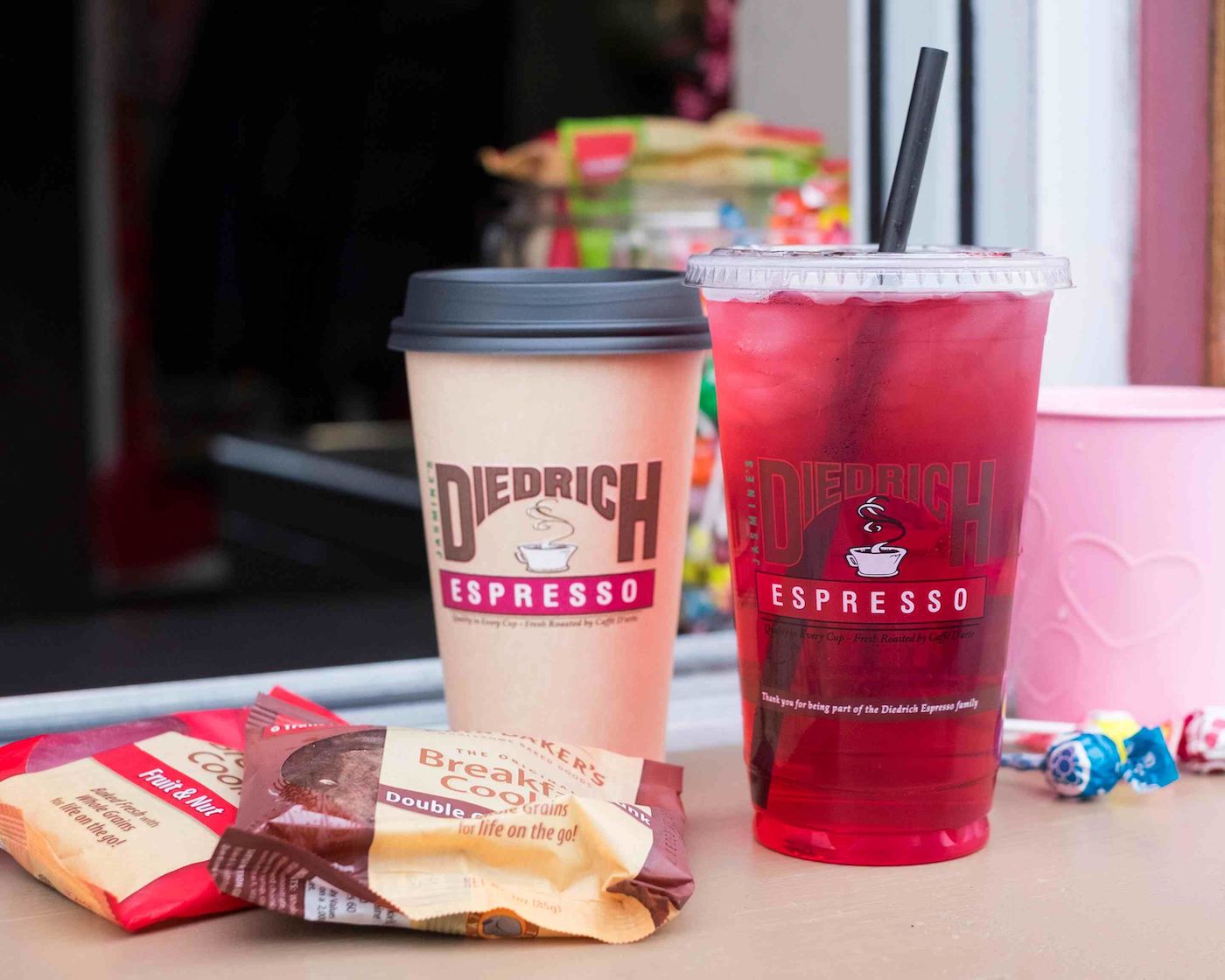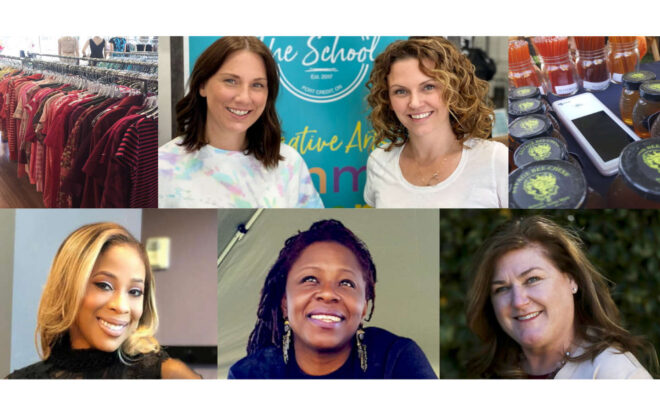Diedrich Espresso
Editorial Team
6 min read
Our Meet the Merchant series features Q&As with real-world Clover merchants. In today’s installment, we talk to Jasmine Diedrich. Diedrich Espresso has 15 locations around Snohomish and Skagit Counties in Washington State, selling a custom coffee blend roasted in the traditional Italian Style. Jasmine shares how she chose to launch a business, how she’s coping with COVID-19, and how she tries to make a difference in her community.
Clover: Hi Jasmine! Can you tell us the story of how you started your business?
Jasmine Diedrich: I went to Washington State University, but after about a semester I remember having a conversation where all of the sisters in my sorority went around and said what we all want to do when we grow up, and all of us wanted to be stay-at-home moms. I figured, I don’t want to end up in a cubicle, so how can I be a stay-at-home mom and still be self-sufficient. And opening my own business was the best way I could think of doing it.
So I dropped out of Wazzu and my dad loaned me the money to open my first two espresso stands, and we have just been killing it from there. I worked 15-hour days and 100-hour weeks, and here I am nine years later, only working 60-hour weeks now. Slowly but surely, we’re building an empire.
Clover: What drew you to coffee in particular?
Diedrich: I actually didn’t want to go into coffee at first. My grandpa started Diedrich Coffee and Diedrich Roasters a long time ago. And then his two sons split off and one took over Diedrich Coffee and one took over Diedrich Roasters. So my whole family is in coffee, and I wanted to find my own way. But I loved being a barista and seeing that smile on everybody’s face first thing in the morning. And after looking at some of the other options, the coffee stand was the best for me as far as starting a new business.
Of course, being a business owner is a lot different than just being a barista. And I think my 19-year-old self didn’t realize that at first. But I’m very competitive, and I strive to be the best at whatever I do.
Clover: Tell us how you manage 15 locations.
Diedrich: We usually buy stands that are already up and running. So we go into the location, we see everything that they’re doing and often we think, wow, they’re doing this better than us, why didn’t we think of that? Then we adopt those ideas from the locations that we buy to try to make our company better.
I think that 10 minds are better than 2 and 20 minds are better than 10, so we’re always asking our employees how to make our business a better place to be and work. We really want to be up there with some of the great corporations where the employees love being there every day. I understand it’s work, and work isn’t the most fun for everyone, but we’re trying to make it the best place to be for both our employees and our management staff.

Clover: How do you use Clover?
Diedrich: We’ve been a Clover merchant since 2016. I love being able to log onto my phone or look online and find out exactly how many items were sold, what the sales were for the day, who sold what, what the average is for each barista. All of those things are very, very important in tracking who’s doing better in sales and what items are selling well in each stand. It’s really helped us improve our business because of all the reports we can run, which has been great.
We also use the Clover system to try to get our baristas excited about up-selling. We run weekly competitions for our staff right now with different items on our menu. Clover has made it super easy for us to run those reports per location at the end of the week, so that we can see who won the competition.
Clover: How have things been since the pandemic hit?
Diedrich: I think the unknown has been the most difficult part. We’re in Washington State, so we were hit early and had to shut down. The first thing we did was write to all of our baristas and give them the option to keep working or take leave. Some opted to take leave, which was fine. And since then, a lot of them have come back.
We were really slow in sales for a while, and then sales picked back up. We had a couple of great days because our local Starbucks shut down. Now that Starbucks has opened up, we’ve leveled off to about 80 to 90% of our normal summer sales.
Clover: That’s great that you’re almost back to normal. Have your day to day operations changed much?
Diedrich: Of course, all of our baristas are required to wear face masks now. And we are also selling face masks—we have about five seamstresses in two counties sewing us masks full-time. Some are coffee-related, but they come in all different prints and colors. And our baristas are actually getting into it now, instead of hating them.
But overall, we’ve been really blessed that we’ve been able to keep our doors open because we are fully drive-through in all but two of our locations. We have two locations in stadiums which are closed, but otherwise we’ve been able to stay open. We’ve been very lucky.
Clover: We understand you’re also really involved in your community.
Diedrich: My mom was lucky enough to be a stay-at-home mom, so she did a lot of volunteer work. So volunteering and giving back has always been important to me. This year, we did a couple of free drink days for graduating students, and we’ve done three free drink days for medical staff and first responders. So we’re trying to keep our community caffeinated.
But I also sit on the board of the American Cancer Society, and I know they usually do about $2 million a day in donations, but they’re down to $800,000 a day. Fundraisers that usually happen all summer long aren’t happening. I don’t think people are seeing the full scope of how this is affecting non-profits in our communities.
So in March, we started doing a round-up your change for change program. We’ve raised money for Sherwood Community Services, which helps adults with disabilities find jobs and occupational therapy. We’ve raised money for domestic violence services, and we’re fundraising for Strides Against Breast Cancer as well. I think that people need to realize that, yes, money is tight right now, but when it comes down to it, these non-profits that hold our communities together need to be supported even through all this.
Read more of our Meet the Merchant stories for real-life stories of small businesses in action all over the country.
Related Posts
Celebrating women merchants
6 reasons these real-world merchants use (and love) gift cards
Popular Topics
Stay in touch
Sign up and learn more about Clover.
Thank you for your subscription!
More posts about starting a small business
eBook





